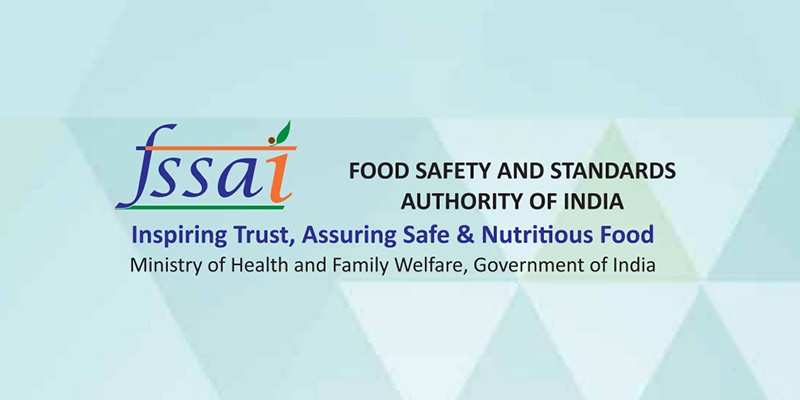- India
- Jan 13
FSSAI notifies standards for basmati rice
For the first time, the Food Safety and Standards Authority of India (FSSAI) has come out with comprehensive standards for the identification of basmati rice as part of efforts to ensure fair trade practices and check adulteration.
Why has FSSAI taken this step?
• Basmati rice is a premium variety of rice cultivated in the Himalayan foothills of the Indian sub-continent and is universally known for its long grain size, fluffy texture and unique inherent aroma and flavour.
• Agro-climatic conditions of the specific geographical areas where basmati rice is grown, as well as the method of harvesting, processing and ageing of the rice contributes to the uniqueness of basmati rice.
• Due to its unique quality attributes, basmati is a widely consumed variety of rice both domestically and globally.
• India accounts for two thirds of its global supply.
• Being a premium quality rice and fetching a price higher than the non-basmati varieties, the basmati rice is prone to various types of adulteration for economic gains which may include, among others, undeclared blending of other non-basmati varieties of rice.
• Therefore, in order to ensure supply of standardised genuine basmati rice in domestic and export markets, FSSAI has notified regulatory standards for basmati rice that have been framed through extensive consultations with the concerned government departments / agencies and other stakeholders as well.
What are the norms?
• Basmati rice includes brown basmati rice, milled basmati rice, parboiled brown basmati rice and milled parboiled basmati rice.
• It should have natural fragrance characteristics of basmati rice and there should be no artificial colouring, polishing agents and artificial fragrances.
• These standards, which have been notified, will be effective from August 1, 2023.
• These standards also specify various identity and quality parameters for basmati rice such as average size of grains and their elongation ratio after cooking.
• These norms also state maximum limits of moisture, amylose content, uric acid, defective/damaged grains and incidental presence of other non-basmati rice, etc.
• The FSSAI has come out with these standards through Food Safety and Standards (Food Products Standards and Food Additives) First Amendment Regulations, 2023 notified in the Gazette of India.
• The standards are aimed at establishing fair practices in the trade of basmati rice and protect consumer interest, both domestically and globally.
Food Safety and Standards Authority of India (FSSAI)
• The Food Safety and Standards Authority of India (FSSAI) has been established under Food Safety and Standards Act, 2006 which consolidates various Acts and orders that have hitherto handled food related issues in various ministries and departments.
• The FSSAI is a statutory body established under the ministry of health and family welfare.
• FSSAI was created for laying down scientific standards for food articles and to regulate their manufacture, storage, distribution, sale and import to ensure availability of safe and wholesome food for human consumption.
The main functions of FSSAI include:
• Setting globally benchmarked regulations, standards and guidelines.
• Facilitating compliance through licensing, registration, inspection and improved laboratory network.
• Building capacity of regulatory staff as well as food business operators.
• Driving public health initiatives in the true spirit of convergence.
• Leveraging IEC (Information, Education & Communication) and BCC (behaviour change communication) techniques to build a food safety culture.
• Embracing technology to streamline processes.
• Forging strategic partnerships to generate and exchange knowledge and best practices.
Manorama Yearbook app is now available on Google Play Store and iOS App Store


